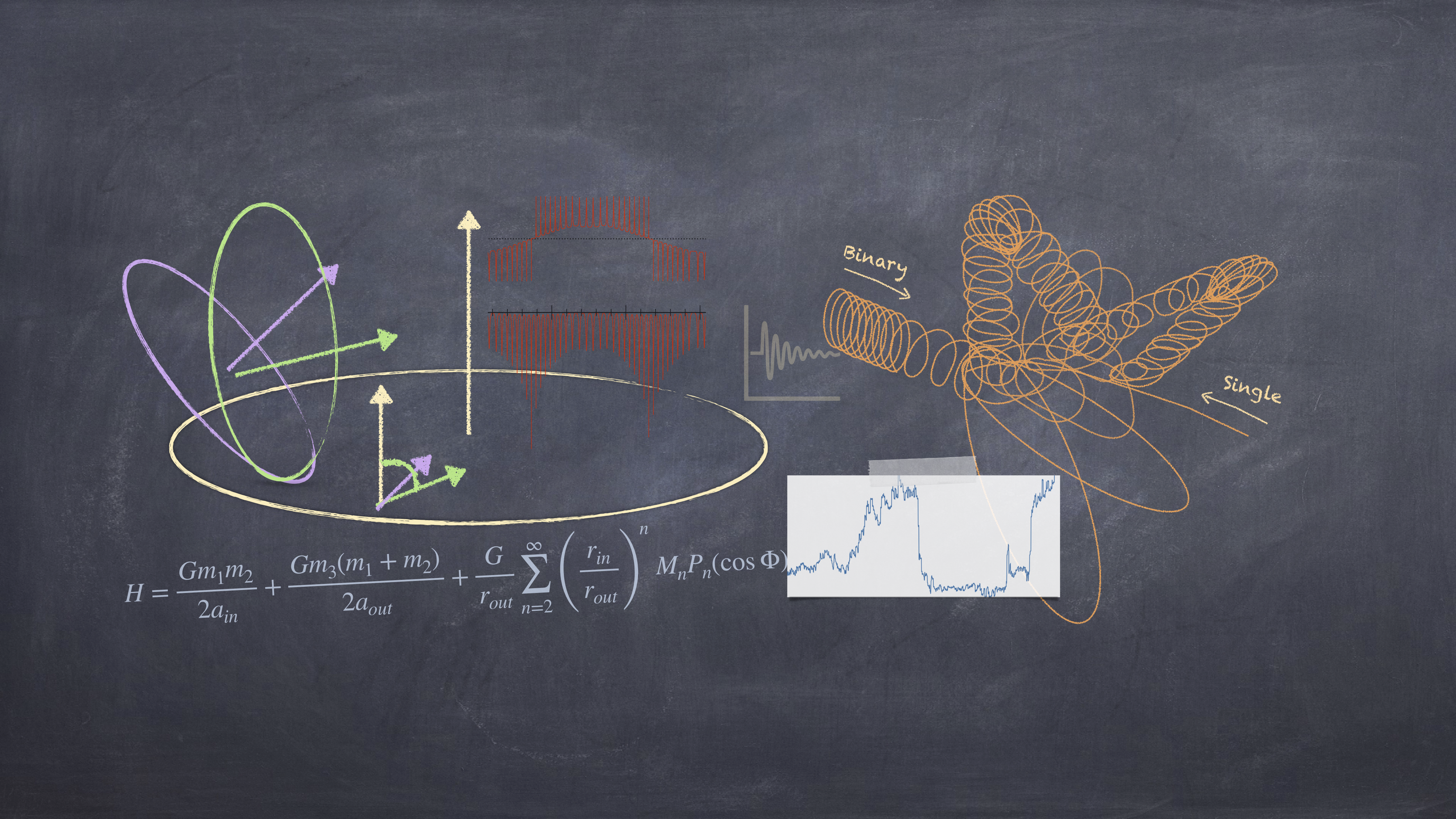The meeting will take place at the Becker Auditorium, the Brain Sciences building, located in the Edmond J. Safra (Givat Ram) Campus of the Hebrew University of Jerusalem. Google maps address: Brain Sciences Hebrew University. It is organized by the Racah Institute of Physics.
The campus is located in the site of the Government complex. Called: Kiryat HaMemshala (Hebrew: קריית הממשלה. Government complex) in Jerusalem. This place includes many of Israel's most important national institutions, among them the Knesset (Israel's Parliament), the Israel Museum, the Supreme Court, Academy of the Hebrew Language, National Library, etc.


